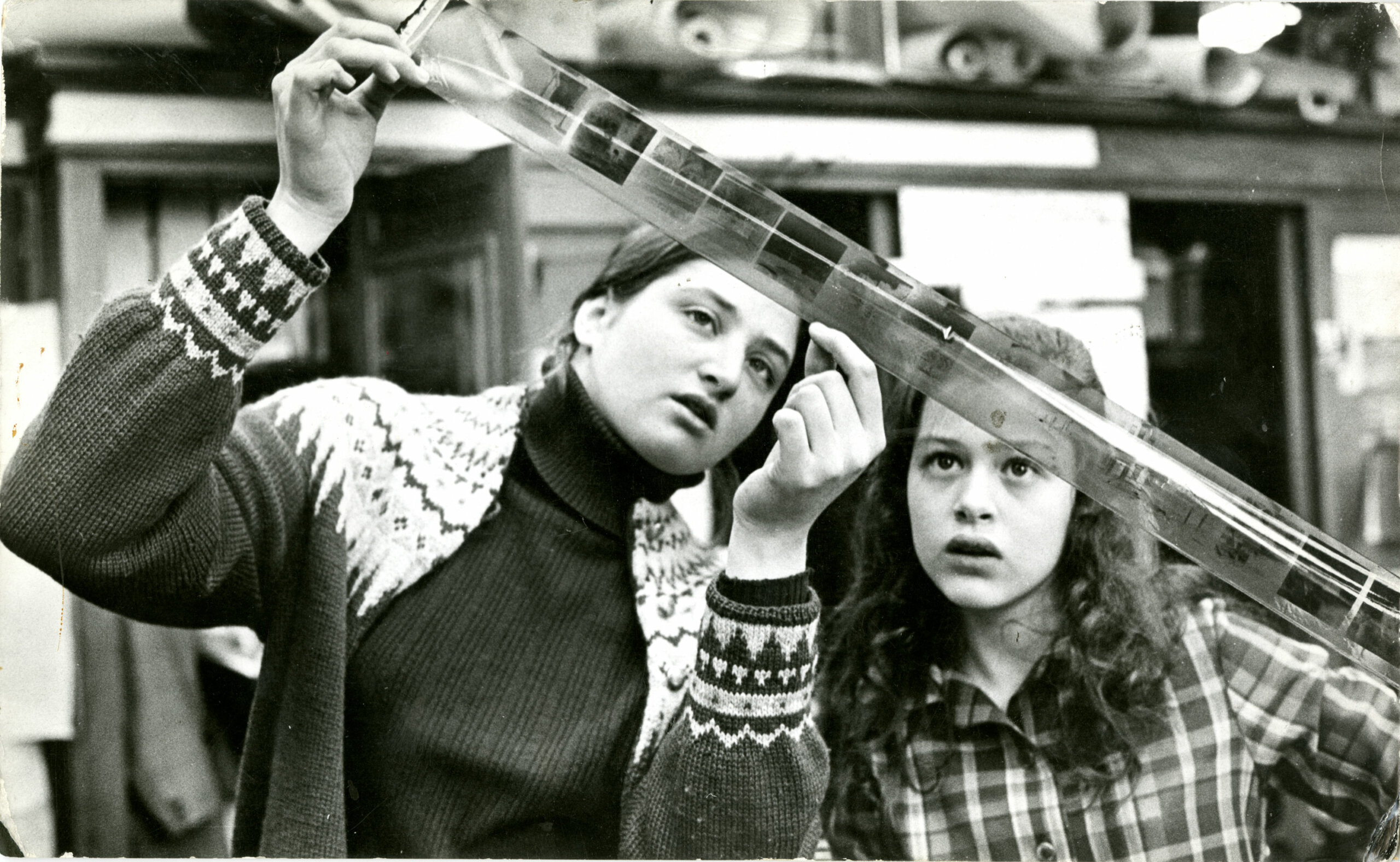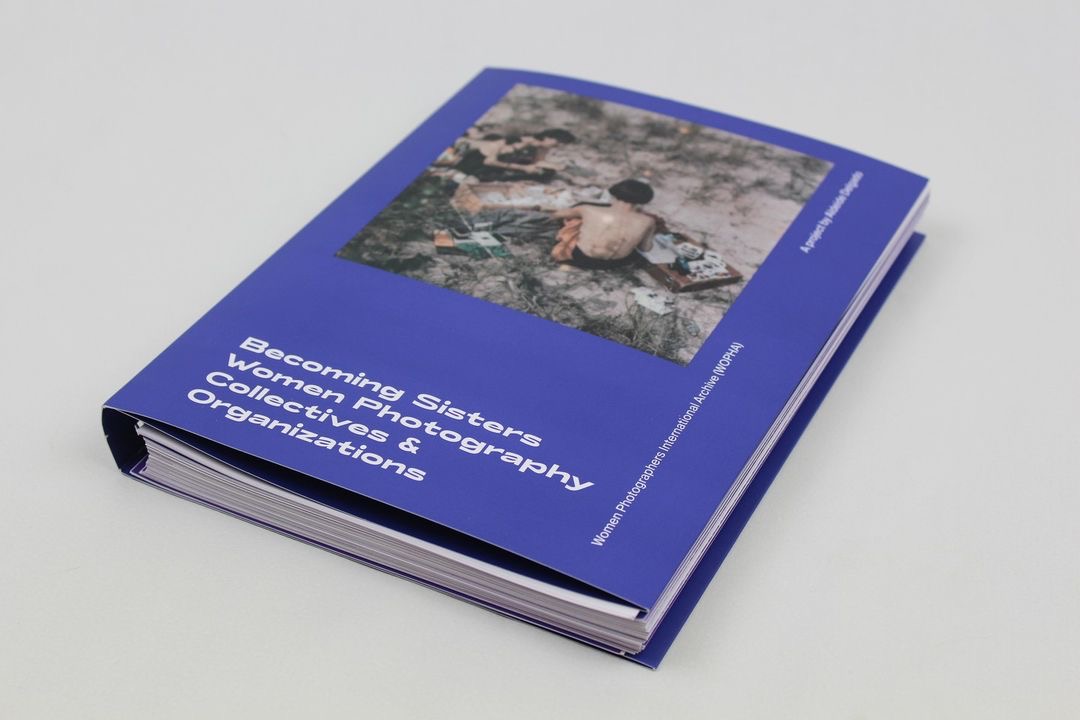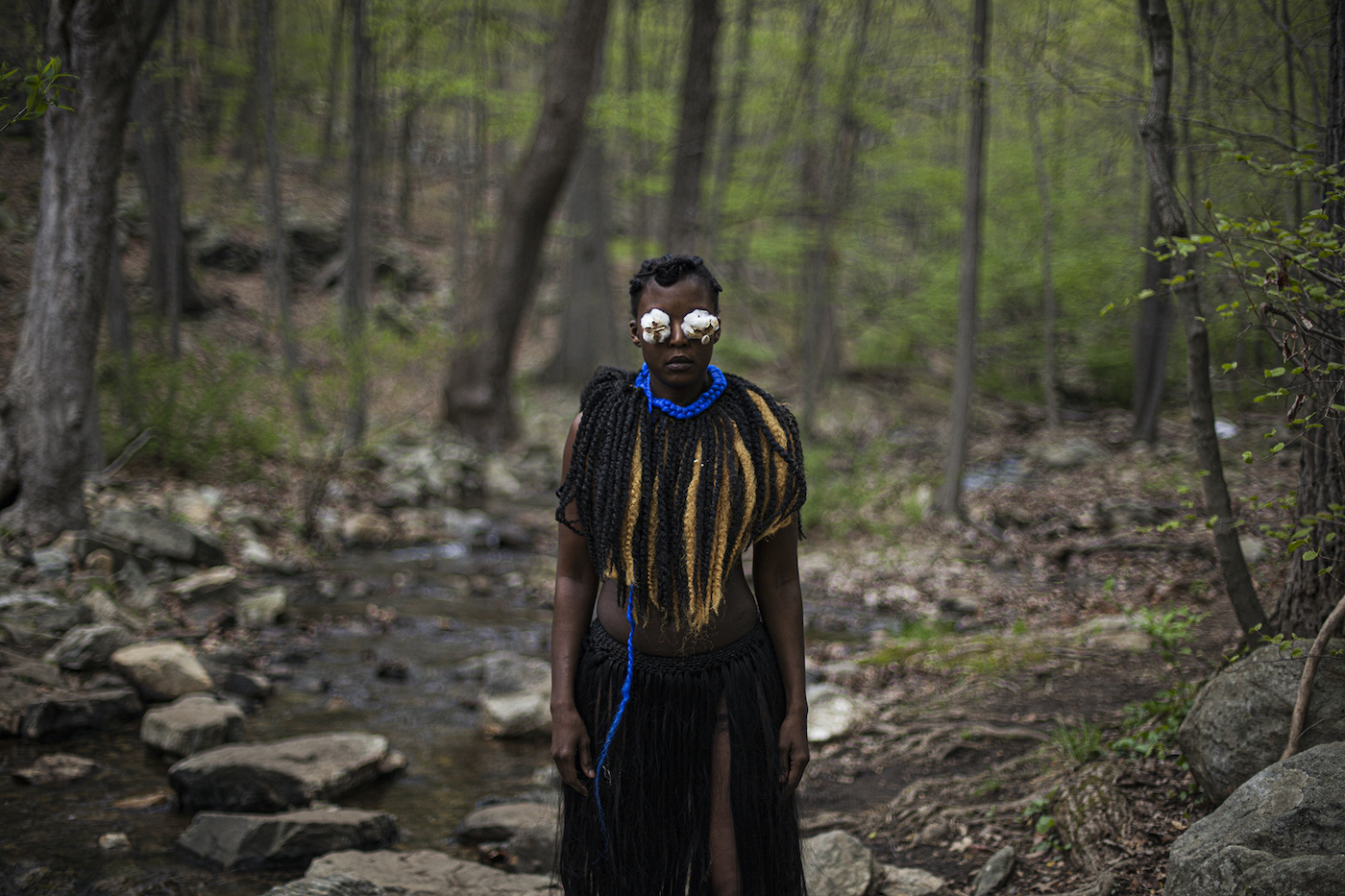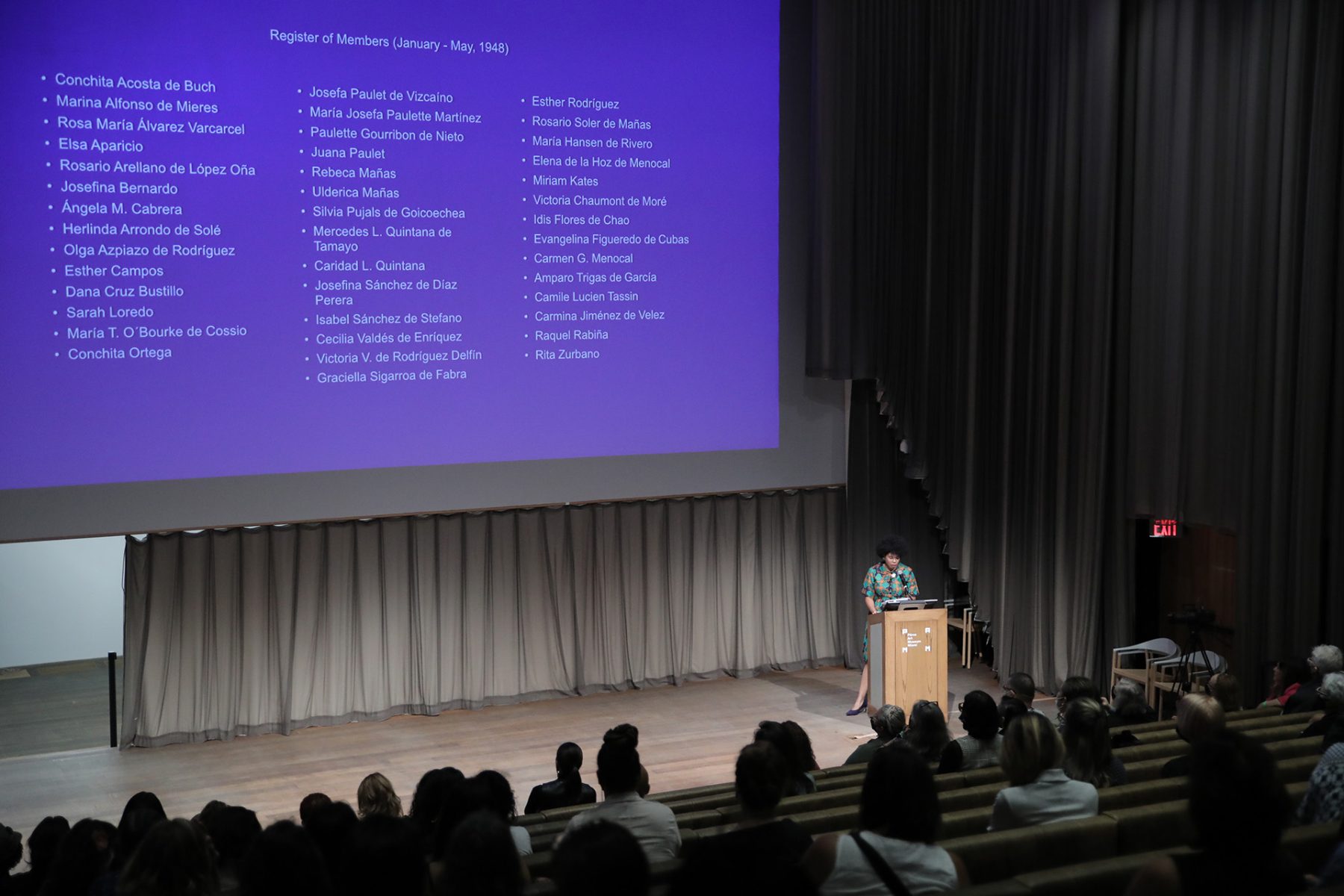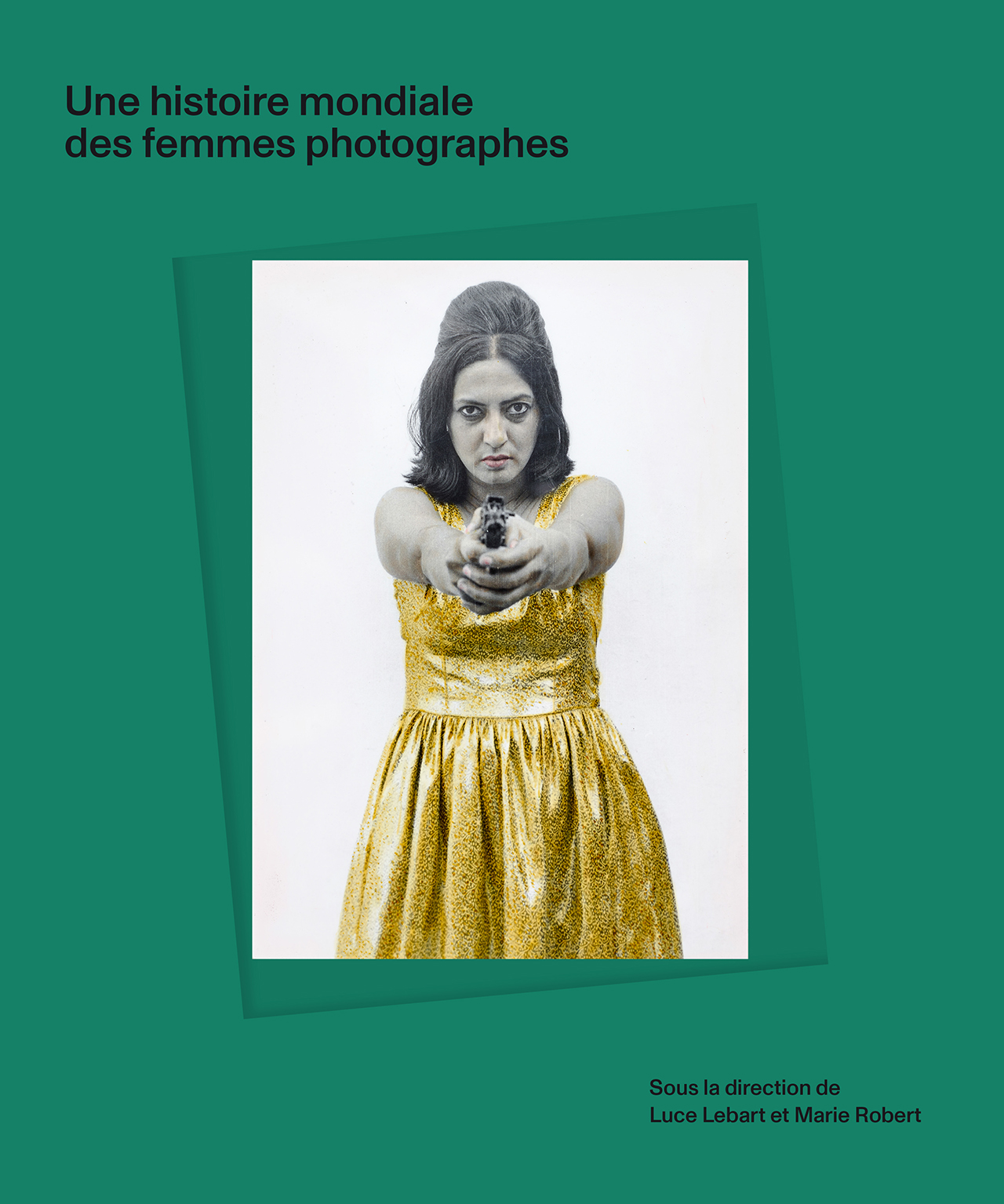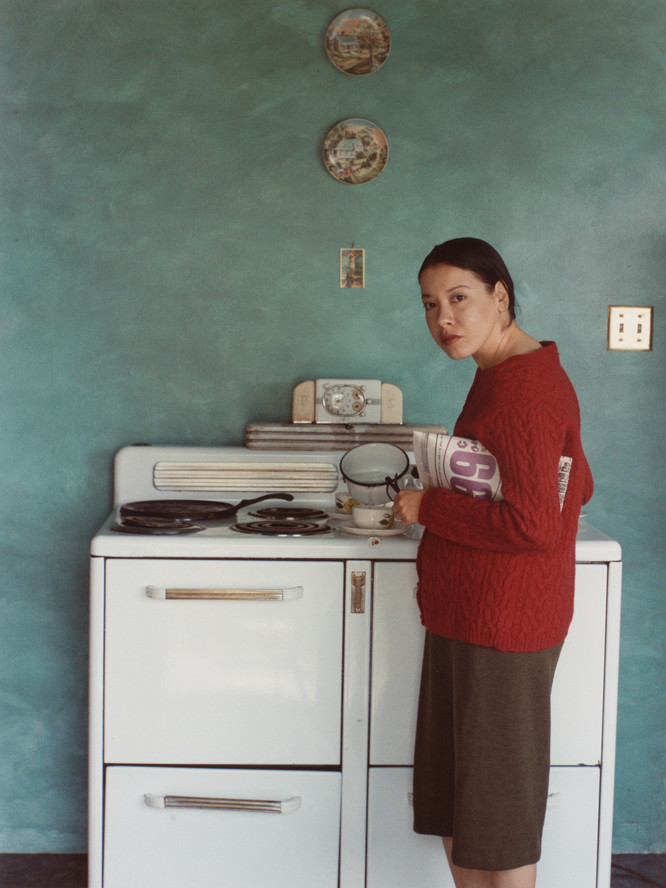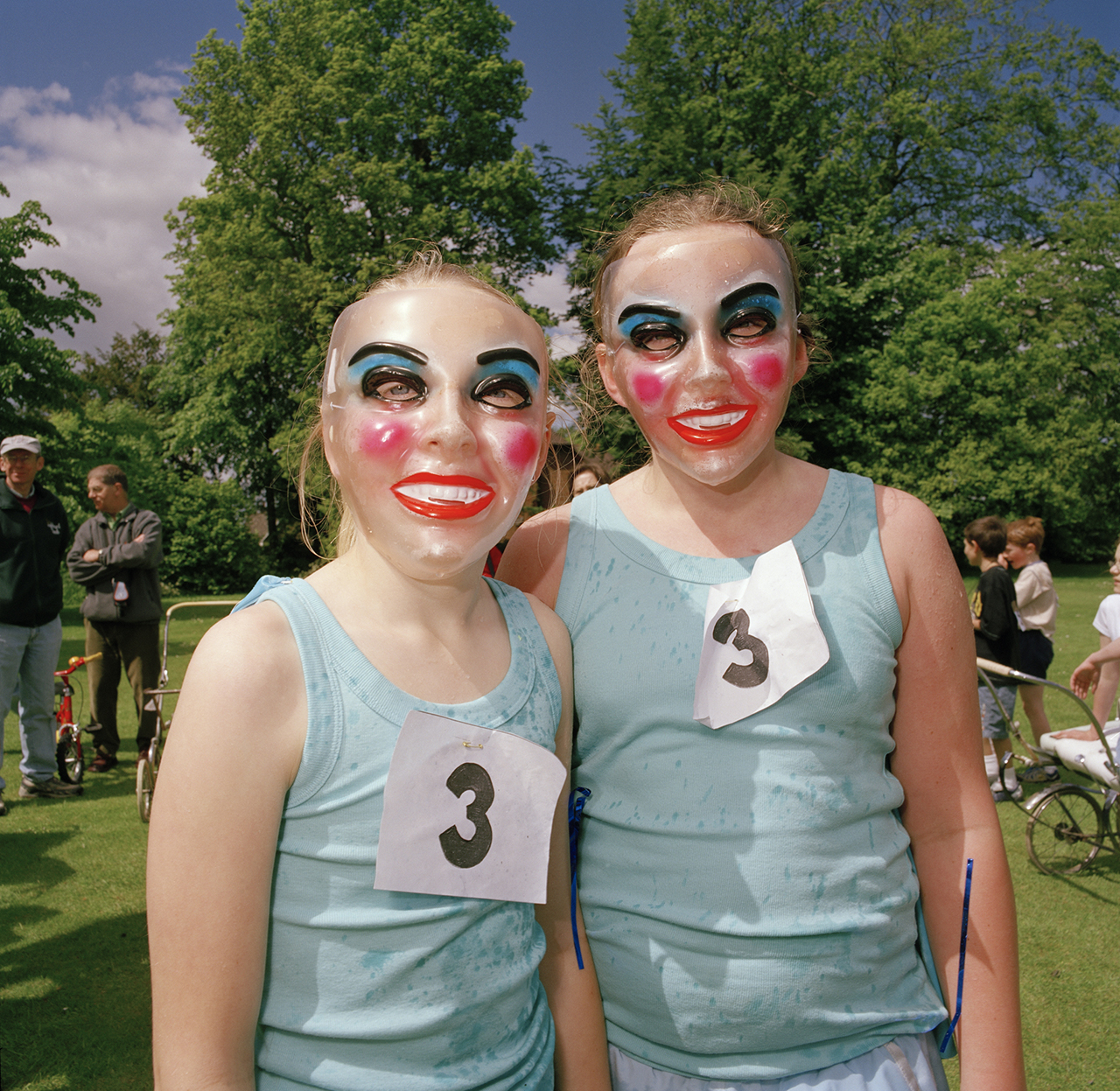 Anna Fox. Hampshire village Pram Race, 2006. © Anna Fox. Courtesy of the artist and James Hyman Gallery.
Anna Fox. Hampshire village Pram Race, 2006. © Anna Fox. Courtesy of the artist and James Hyman Gallery.
Aldeide Delgado sees Miami as a border, a meeting place, a city for global minds and ideas to gather and exchange perspectives and criticisms. Thus, it is the perfect venue for an international congregation of scholars and thinkers—in Delgado’s case, the inaugural Women Photographers International Archive (WOPHA) Congress, a summit for women in photography that will gather photographers, historians and curators from over 15 different countries at the Pérez Art Museum Miami come November 18. Entitled Women, Photography, and Feminisms, the Congress is the first of its kind, a necessary trailblazing force for marginalized voices in the field.
Delgado founded nonprofit WOPHA with an aim to amplify the contributions of female, trans, queer and non-binary photographers and thinkers in modern and contemporary art. The ethos for the Congress began with Delgado’s Catalogue of Cuban Women Photographers, an online database dedicated to preserving the work of female photographers in Cuba. Conditioned by her experience living in Miami since 2016 and assuming a Latinx identity, she expanded the catalogue globally, resulting in WOPHA. She explains that though strides for female representation in art and photography have been made in the aftermath of movements like #MeToo, necessary work remains.
“All of these political scenarios have influenced groups of women photography organizations and collectives,” she says. “And that’s why it’s so important to make the Congress the first international convening, where these organizations and collectives can get together.”
Over 25 internationally recognized scholars and photographers will be participating in the Congress, which is free and open to all, both virtually and in-person. The Congress will be punctuated by conversations on collaboration, aesthetics and closing the gap for women in the arts, through the gaze of feminism and decolonization. Conversations will feature scholars such as Laylah Amatullah Barrayn, co-founder of MFON: Women Photographers of the African Diaspora; Anna Fox, founder of Fast Forward: Women in Photography; Roxana Marcoci, Senior Curator of Photography at MoMA; and award-winning documentary photographer Maggie Steber, among others.
WOPHA will engage with other institutions across Miami, including the Arts Connection Foundation, Green Space Miami, Lucie Foundation, The Betsy Hotel, and the Rubell Museum. The inclusion of various spaces throughout the city reflects Delgado’s hopes of cementing Miami as a crucial space for discourse and conversation and “positioning WOPHA in the international context.”
“Expanding the scope of the project is a result of me identifying with the political character of the city and noticing the importance of highlighting women’s work from not just the Caribbean, Latin America and South Florida, but worldwide in general,” the founder says, “and how through this concept of the border space, that can be made possible.”
One of the most anticipated happenings of the event is Delgado’s conversation with Andrea Nelson, curator of “The New Woman Behind the Camera,” organized by the National Gallery of Art in association with The Metropolitan Museum of Art. In conjunction with the wide array of discourse at the Congress, it will explore the impact of women on modern photography.
The Congress will also feature the United States debut of Luce Lebart and Marie Robert’s Une Histoire Mondiale Des Femmes Photographes, an anthology comprising over 450 images from more than 300 female photographers across history.
Delgado hopes to gather the Congress every three years, enabling the collective to “continue the proposals that we make in the Congress,” she says. “This is about taking action. It’s about creating our own spaces and how we can increase our impact in a worldwide context.”
Ultimately, she hopes that the gatherings will have external influence on the world of photography. “We are looking to impact the programming of institutions, encouraging them to collect, exhibit and research women’s practices in photography,” Delgado says. “We want to see more opportunities for women photographers.”
Written by Liza Mullett | 10.21.2021
This text was originally published at Cultured Magazine
Download PDF
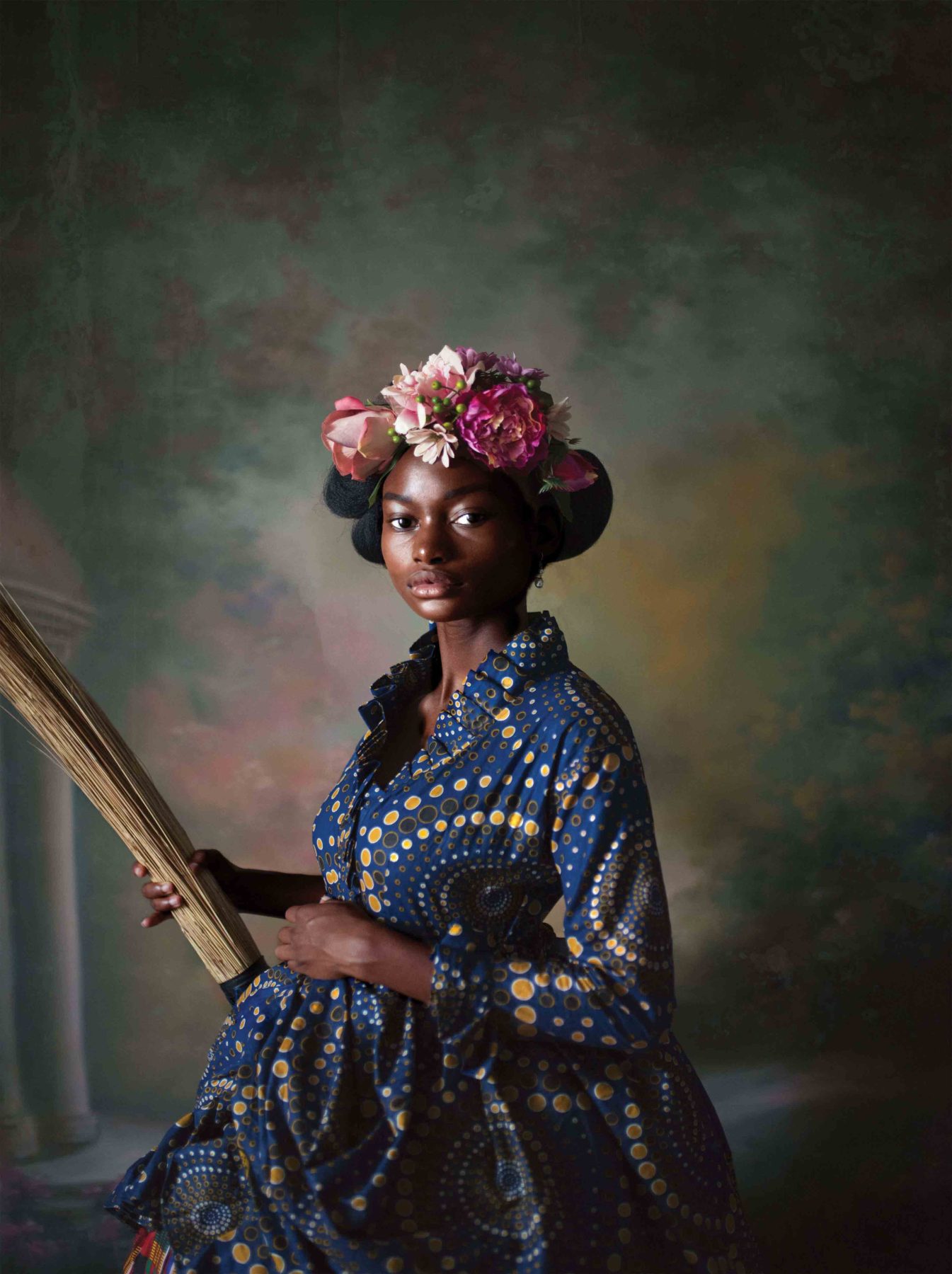 Tamary Kudita. African Victorian, 2019. ©Tamary Kudita. Courtesy of the artist.
Tamary Kudita. African Victorian, 2019. ©Tamary Kudita. Courtesy of the artist.
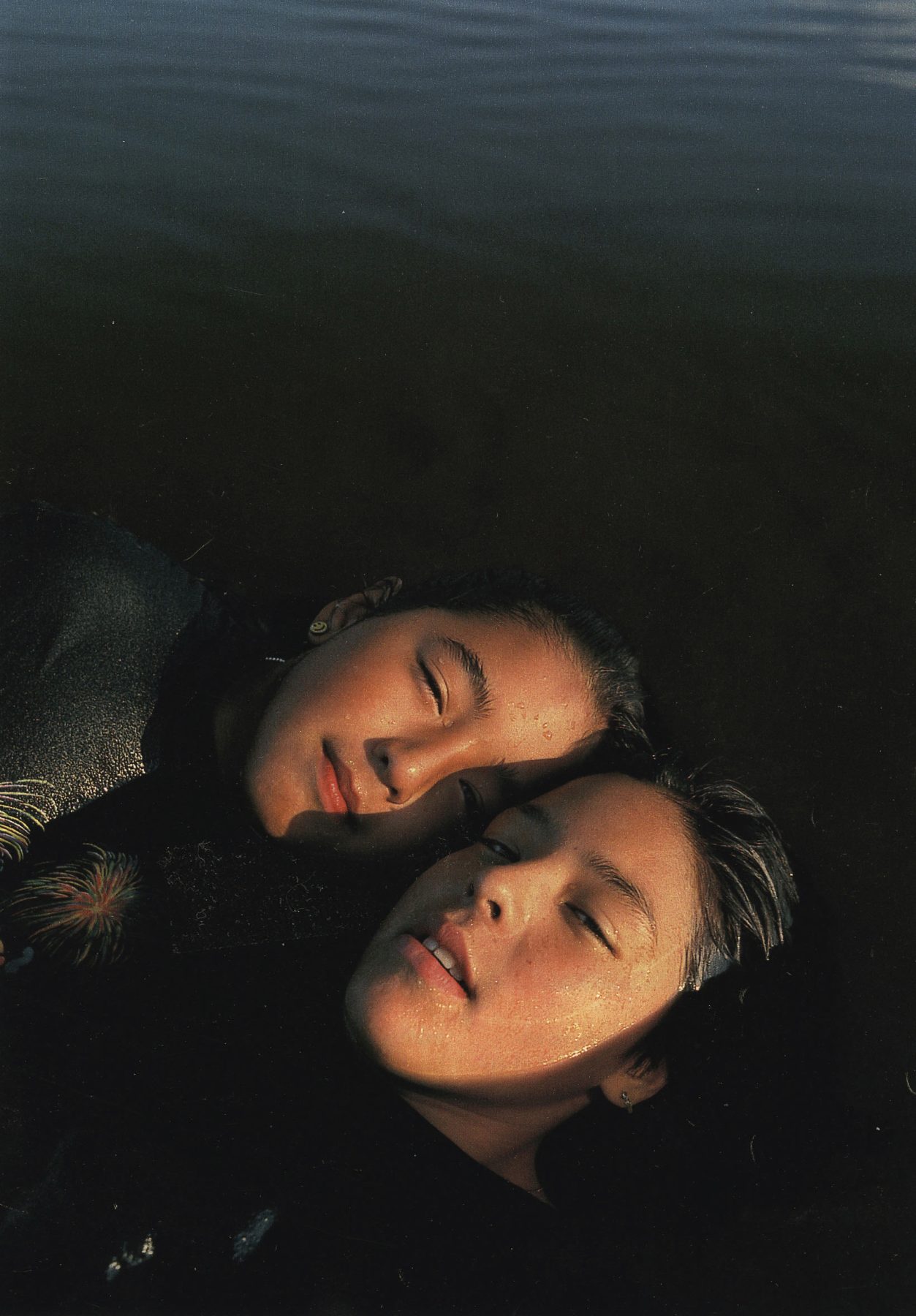 Maggie Steber. Cree Cousins Swim in Lake Opemisca on the Cree Reservation in Northern Quebec province, Canada, 1997. © Maggie Steber. Courtesy of the artist.
Maggie Steber. Cree Cousins Swim in Lake Opemisca on the Cree Reservation in Northern Quebec province, Canada, 1997. © Maggie Steber. Courtesy of the artist.
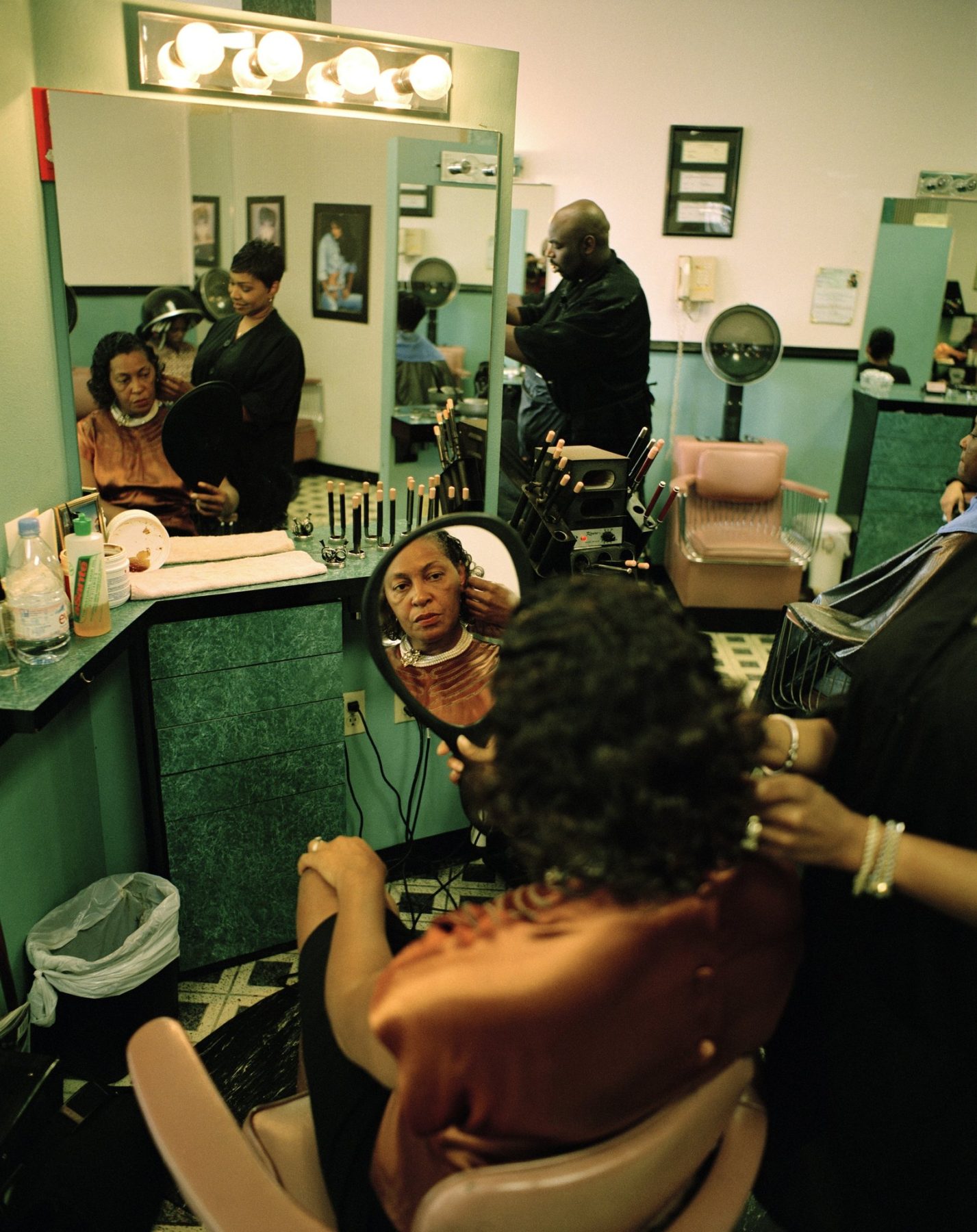 Deborah Willis. Carrie at Euro Salon, Eatonville, 2009. © Deborah Willis. Courtesy of the artist.
Deborah Willis. Carrie at Euro Salon, Eatonville, 2009. © Deborah Willis. Courtesy of the artist.

